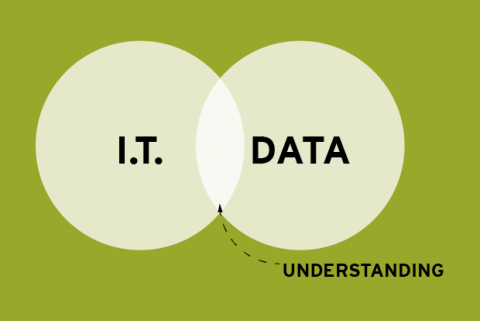Our healthcare system is great at throwing off a lot of data, but that data has very little power unless we can share and combine it. Given all the unintentional and intentional barriers to this data sharing, I’m often asked whether the solution is likely to be small incremental changes that lead to bigger leaps, or some other formula?
To be honest, I think the best way to do this is not evolution, but more of a revolution centered on defining the minimally required business data standards around what is sharable. That should be a mandate. Consumers have to demand it. That may not be happening today based on the confusing state of patient privacy, but people have to raise their voices. They should be demanding the right to access their own records and their own data, and then maybe integrate it with the data that they have.
What do I mean when I say “data that they have?” Consider the fact that a lot of people, possibly more than 20 percent of Americans, are already using wearable devices. That’s data they have to monitor their own health and improve on it. Why not marry that up with retroactive data? After all, what we’re talking about with the electronic health record is all retroactive. Monitoring your health with a device is just another mechanism. Why not marry those both up to be able to holistically manage someone’s health?
People talk about population health management as a noble goal in healthcare, and it is, but it’s typically focused on the 20 percent of patients who are high-risk and high-cost.
But what about the more general problems of the other 80 percent? How do you keep someone that is healthy, healthy? How do you incrementally improve what they’re doing so they can be even healthier? Maybe they have good habits, but with a few suggestions they can actually be and feel better than what they are currently.
Perhaps we are approaching a tipping point where data from the monitored self movement meets demand from patients for more proactive tips about their health and a more holistic view on their health. It just might be the push of demand to open up data sharing standards that healthcare has been waiting for.




